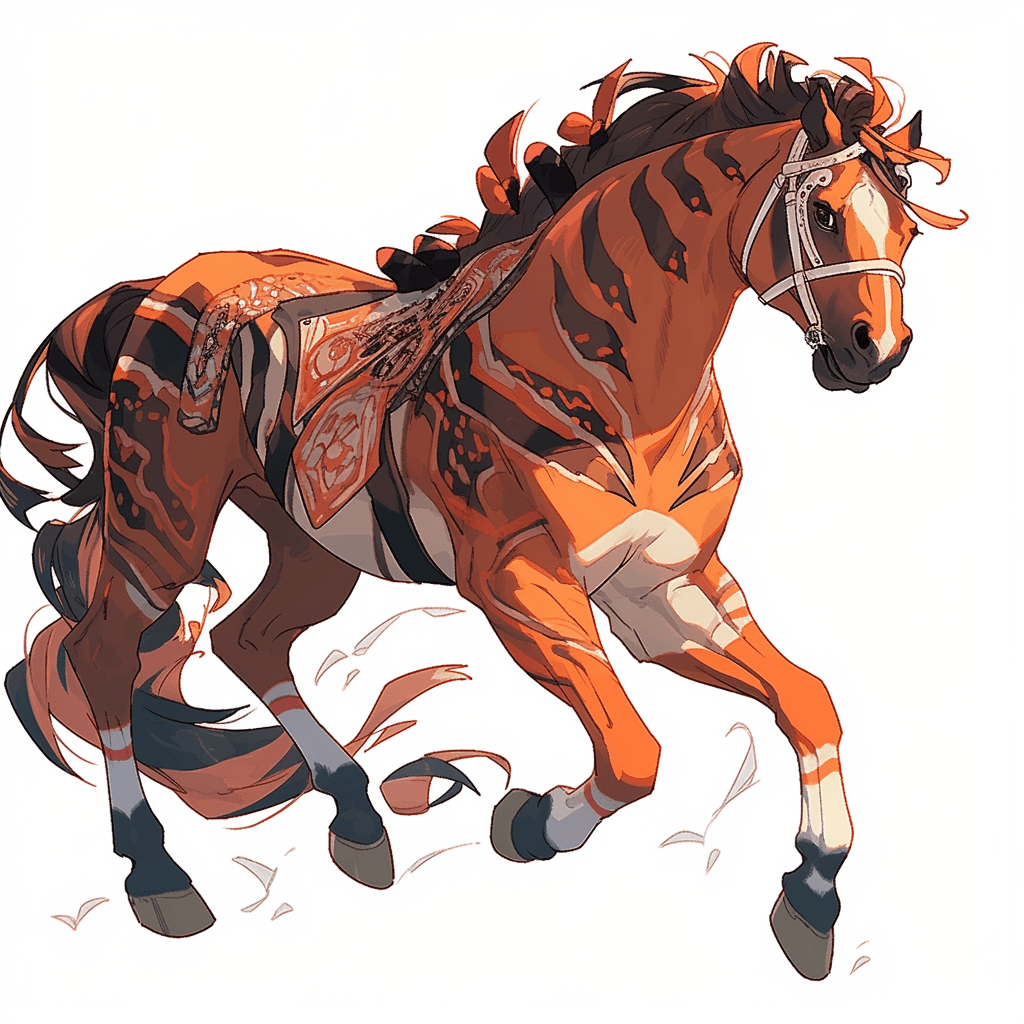Ni hao, my friends! I’m so excited to welcome you back to another fun-filled exploration of the beautiful world of Chinese idioms, or as we call them, Chengyu. Today, we’re going to talk about a personal favorite of mine, “狗急跳牆” (Gǒujítiàoqiáng).
But first, let me share a little story with you.
So, the other day, I was at my local Taiwanese night market, enjoying a plate of mouthwatering stinky tofu, when I saw a scene unfolding nearby. There was this fluffy little dog who was super determined to get to a yummy-looking grilled sausage stand.
But alas, there was a tall fence in the way. I watched in amazement as this determined pup, spurred by hunger and desperation, leaped over the fence with such vigor that it knocked over a stack of disposable plates! “Ah,” I thought to myself, “狗急跳牆” in action!
Now you might be wondering, “What in the world does that Chengyu mean?” Well, let’s dive right in!
Definition of 狗急跳牆
In Traditional Chinese, we write it as “狗急跳牆,” while in Simplified Chinese, it’s “狗急跳墙.” The pinyin for it is “Gǒujítiàoqiáng.”
In English, it literally translates to “a desperate dog will leap over the wall.” It encapsulates the idea that when pushed to the limit, one might do something unthinkable or drastic, just like our little furry friend at the night market.
History of 狗急跳牆
To fully understand the depth of this Chengyu, let’s take a quick look into its historical roots.
The phrase “狗急跳牆” originates from an ancient text called “敦煌變文集·燕子賦,” where it was used to describe desperate behavior in times of crisis. The original text said, “人急燒香,狗急驀牆,” implying that in desperate times, humans turn to prayer and even dogs will leap over walls.
This idiom, like many others, paints a vivid picture that helps people understand the complexities of human behavior. The use of an everyday animal like a dog in such an unusual situation speaks to the universal experience of desperation and the lengths we may go to when we feel cornered.
Modern Usage of This Idiom
Now, let’s talk about how we can use this wonderful Chengyu in our everyday conversations.
In modern times, the use of “狗急跳牆” has broadened a bit. While it still retains its original connotation of desperation leading to extreme actions, it often carries a slightly negative tone. It can be used as a verb in sentences to describe someone who, out of desperation, is causing trouble or acting out.
One famous usage of “狗急跳牆” is in the classic Chinese novel “紅樓夢” (Dream of the Red Chamber). In this context, it is used to describe a person who, under pressure, acts out and not only causes trouble but also creates an uncomfortable situation. An English rendition of the sentence could be: “After hearing his complaints today, it’s like ‘when people are pressed, they rebel, and when dogs are pressed, they jump over walls.’ Not only is he causing problems, but it also makes me uncomfortable.”
Nowadays, you can use this idiom to describe anyone who’s acting drastically out of desperation. It can be a friend who, anxious about an upcoming exam, suddenly decides to pull an all-nighter, or a colleague who, faced with a tight deadline, starts working weekends to get everything done.
Remember, though, to use it wisely and kindly as it can carry a slight pejorative connotation.
Example Sentences of 狗急跳牆
To help remember the idiom 狗急跳牆 a bit more, here are a few example sentences.
1. 看到他為了那個報告而狗急跳牆,我覺得非常擔心。
2. 她在期末考前的一個晚上突然決定熬夜學習,真是狗急跳牆啊!
3.不要讓自己狗急跳牆,還是慢慢來比較好。
1. Kàn dào tā wèi le nàgè bàogào ér gǒujítiàoqiáng, wǒ juédé fēicháng dānxīn.
2. Tā zài qímò kǎo qián de yīgè wǎnshàng túrán juédìng áoyè xuéxí, zhēnshi gǒujítiàoqiáng a!
3. Bùyào ràng zìjǐ gǒujítiàoqiáng, háishì màn màn lái bǐjiào hǎo.
1. 看到他为了那个报告而狗急跳墙,我觉得非常担心。
2. 她在期末考前的一个晚上突然决定熬夜学习,真是狗急跳墙啊!
3. 不要让自己狗急跳墙,还是慢慢来比较好。
1. Seeing him so desperate about that report makes me very worried.
2. She suddenly decided to study all night before the final exam, what a desperate move!
3. Don’t push yourself to the brink of desperation; it’s better to take things slow.
And there you have it, my dear friends! We’ve gone on a delightful journey through the history, meaning, usage, and even some practical examples of the fascinating Chengyu, “狗急跳牆.” I hope you’ve enjoyed this as much as I did and perhaps even picked up a new phrase to impress your friends or enrich your Mandarin vocabulary.
Remember, while the world may sometimes push us towards becoming a “desperate dog leaping over the wall,” it’s always important to pause, take a deep breath, and approach things steadily. After all, as we often say here in Taiwan, “慢慢來” (Take it slow)!
Stay curious, stay excited, and keep exploring the wonderful world of Chinese idioms.
Zai jian!
Be sure to check out my list of 20 top Chinese idioms.
For further language learning inspiration and updates, be sure to follow Ting Ting Tai on Instagram. Our vibrant community of language enthusiasts shares fascinating facts, engaging language games, and delightful cultural insights to keep your motivation soaring.
We have exciting news for you! The launch of our weekly newsletter is right around the corner. Packed with language tips, cultural insights, and updates on new reading materials, this resource is a must-have to enrich your Chinese learning journey. Don’t miss out! Sign up now to be among the first to receive our newsletter directly to your inbox.




